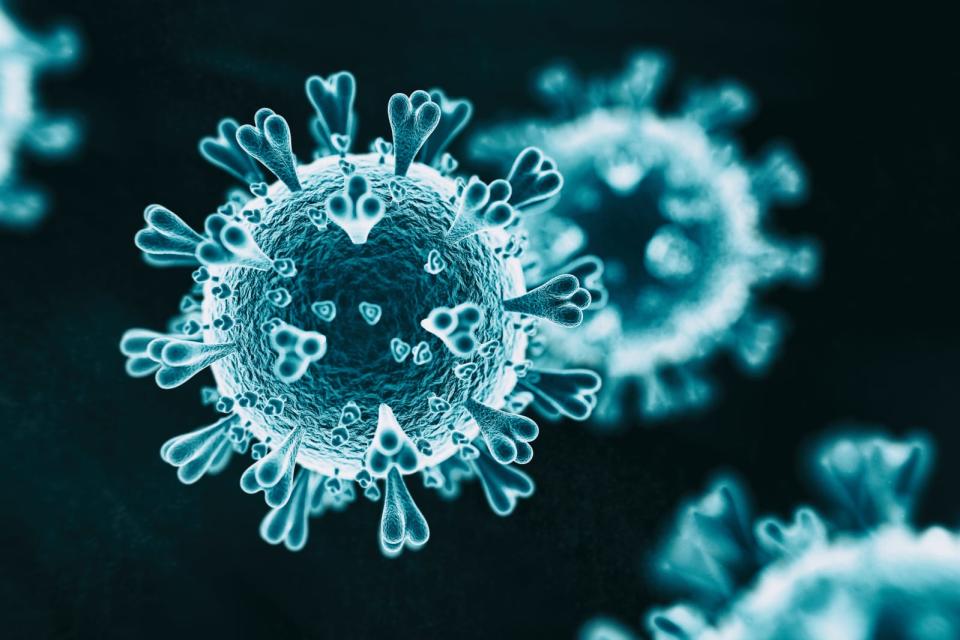Coronavirus home testing kits are coming to Seattle
The Gates Foundation is backing the safer medical testing tech.
It might soon be much easier and safer to determine if someone has been infected by the novel coronavirus. The team behind a Gates Foundation-backed project told the Seattle Times that it's preparing to deliver home testing kits for the virus to Seattle (where the infection rate has been relatively high) within the "coming weeks." Potential patients swab their noses and send the samples back to a lab for study, with results ready in one to two days. If someone is infected, they can fill out an online questionnaire to determine their contact and travel habits in case officials need to notify anyone else that they might have the virus.
The test will let people stay at home and reduce the chances of spreading the virus. At the same time, it could also improve the turnaround by processing large numbers of tests in a relatively short space of time. The Gates Foundation's Scott Dowell estimated that the lab will handle about 400 tests per day to start, but should eventually handle "thousands" per day.
The test is the offshoot of a University of Washington initiative that was originally meant to track infectious diseases like the flu.
As TechCrunch pointed out, this might not be the only home test kit in the pipeline. Health entrepreneur Jonathan Rothberg is in talks with a manufacturer to develop a low-cost home testing kit that could use a swab, freeze-dried reagents (to amplify DNA) and a colorimetric readout through a mobile app. However, the Gates-backed tech could already go a long way toward measuring the scale of the coronavirus outbreak and, ideally, preventing its spread.

 Yahoo Finance
Yahoo Finance 

